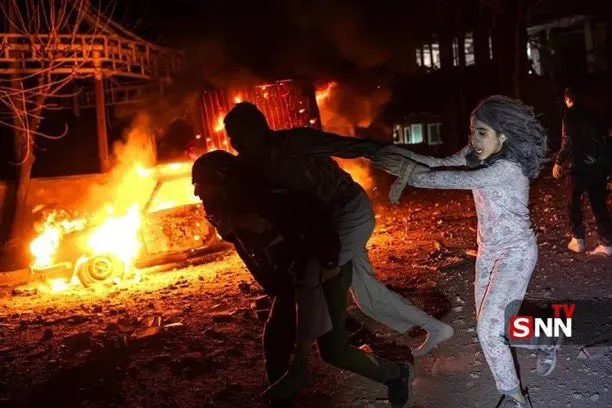 The women charged with thwarting Iraq’s female suicide bombers spend their days in cramped metal sheds at police checkpoints and lobbies of government offices, running their hands over the black-robed bodies of other women.
The women charged with thwarting Iraq’s female suicide bombers spend their days in cramped metal sheds at police checkpoints and lobbies of government offices, running their hands over the black-robed bodies of other women.
The Iraqi authorities say the searches have helped to curb female suicide attacks, once a scourge of this still-dangerous city. And they say the teams of women, known as the Daughters of Iraq, play a crucial role in a country where rigid divisions between the sexes make it awkward, sometimes unthinkable, for male police officers to frisk women and girls in search of the telltale lump of a gun or an explosive belt.
But the women say they have not been paid in nearly a year, since the Iraqi government took control of the program from the United States military, which helped establish and finance the Daughters in 2008.
“They keep promising they’ll pay us next month, then next month,” said Hind Jasim, who joined the Daughters after her husband lost his job. “What keeps us here are their promises.”
The women’s struggles reflect broader concerns about how the Iraqi government will maintain projects financed by the United States as the remaining 50,000 American troops depart over the next 10 months.
Some of the 300 women in the Daughters quit after their $250 monthly pay dried up. Those who stayed on, a vast majority, are sliding deeper into the poverty the program was intended to ameliorate. Many are war widows or their family’s only breadwinners.





 As groups of families and others gathered Sunday evening at cafes around Niloofar Square—a middle-class area...
As groups of families and others gathered Sunday evening at cafes around Niloofar Square—a middle-class area... We shouldn’t beat around the bush: Donald Trump’s and Benjamin Netanyahu’s military attack on Iran is...
We shouldn’t beat around the bush: Donald Trump’s and Benjamin Netanyahu’s military attack on Iran is... Events are still unfolding rapidly across the Middle East, so here's a quick recap: The death...
Events are still unfolding rapidly across the Middle East, so here's a quick recap: The death...






























